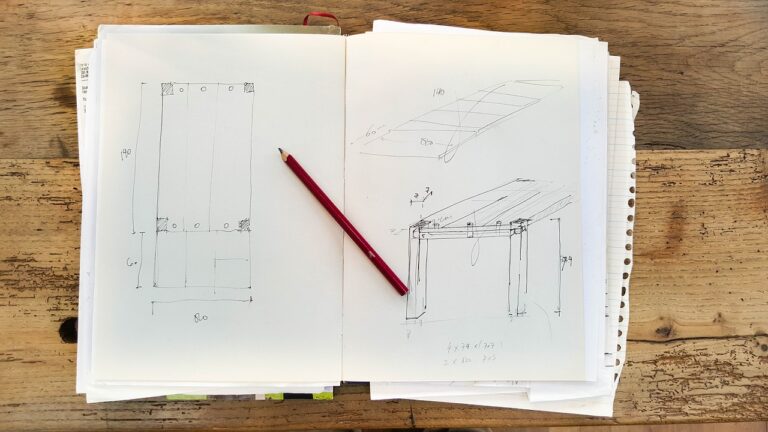The Role of Peer Assessment in Fostering Collaborative Learning: Betbhai99 com login, Radheexch, My99exch
betbhai99 com login, radheexch, my99exch: Peer assessment is a valuable tool in fostering collaborative learning among students. When students are given the opportunity to assess and provide feedback to their peers, it not only enhances their own learning but also helps them develop important skills such as critical thinking, communication, and teamwork.
Peer assessment encourages students to engage actively in the learning process. By evaluating and providing feedback on their peers’ work, students are required to think critically about the subject matter and articulate their thoughts effectively. This process not only strengthens their understanding of the material but also helps them improve their own work through the insights gained from assessing others.
Moreover, peer assessment promotes a sense of teamwork and cooperation among students. When students collaborate in evaluating each other’s work, they are able to learn from one another and support their peers in their learning journey. This collaborative approach fosters a positive learning environment where students feel motivated to help each other succeed.
In addition, peer assessment helps students develop important communication skills. By providing constructive feedback to their peers, students learn how to communicate their thoughts and ideas effectively. This skill is essential for success in both academic and professional settings, as the ability to give and receive feedback is crucial in any collaborative endeavor.
Furthermore, peer assessment helps students become more reflective learners. By reflecting on their own work and receiving feedback from their peers, students are able to identify areas for improvement and set goals for their future learning. This reflective practice enhances their overall learning experience and empowers them to take ownership of their education.
Overall, the role of peer assessment in fostering collaborative learning cannot be overstated. By engaging students in evaluating and providing feedback to their peers, educators can create a dynamic learning environment that promotes active participation, teamwork, communication, and reflection.
FAQs:
1. What are the benefits of peer assessment?
Peer assessment helps students develop critical thinking, communication, and teamwork skills. It also promotes active participation, collaboration, and reflective learning.
2. How can educators incorporate peer assessment into their teaching?
Educators can implement peer assessment by providing clear guidelines for evaluation, creating opportunities for students to practice giving feedback, and fostering a supportive learning environment.
3. What are some best practices for peer assessment?
Some best practices for peer assessment include setting clear expectations, providing training on how to give constructive feedback, and ensuring that the process is fair and transparent.
4. How can peer assessment improve student learning outcomes?
Peer assessment can improve student learning outcomes by encouraging active engagement, fostering collaboration, enhancing communication skills, and promoting reflective learning.
5. How can students benefit from participating in peer assessment?
Students can benefit from participating in peer assessment by gaining a deeper understanding of the material, improving their own work through feedback, developing important skills, and fostering a sense of teamwork and cooperation.







